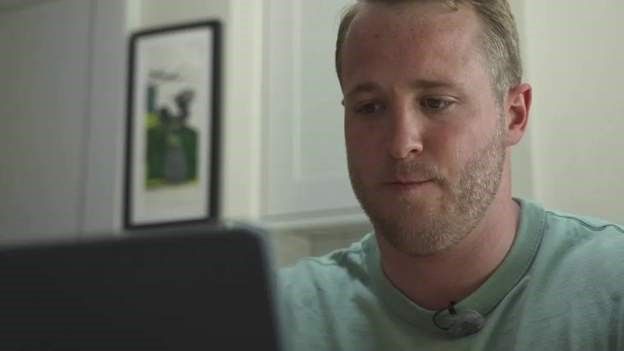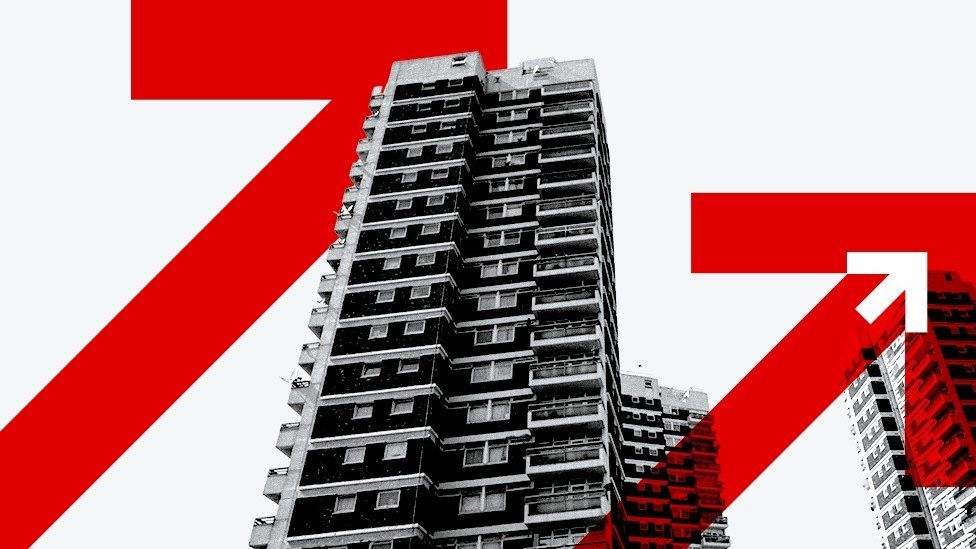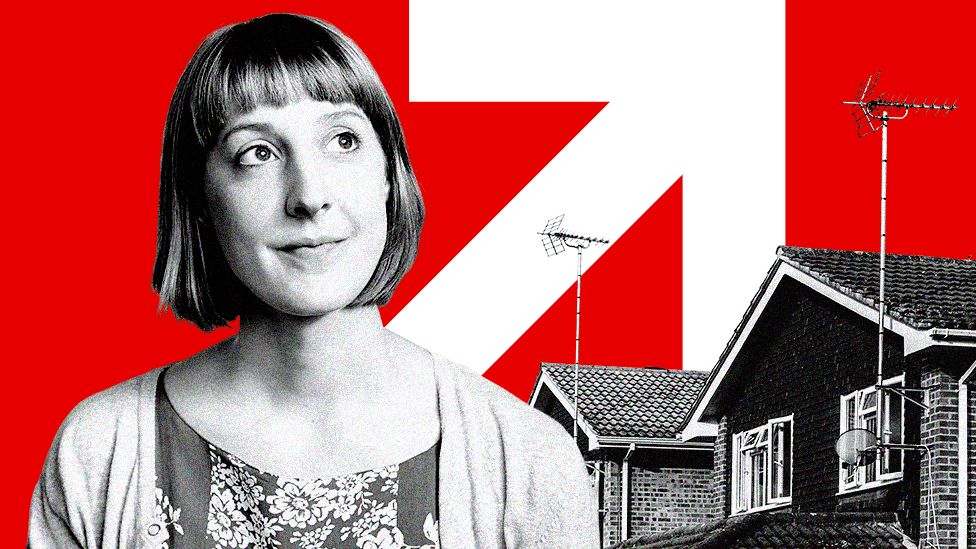
Interest rates have risen by more than expected in a shock move as the Bank of England battles to slow soaring prices.
The Bank raised rates to 5% from 4.5%, the highest level in 15 years. Most analysts had expected a smaller rise.
“I understand the difficulty and the pain that causes for many people,” Bank of England governor Andrew Bailey said.
The move will lead to higher repayments for people with loans and many mortgage holders, but it should benefit savers if the rise is passed on.
Mr Bailey said that if the Bank did not raise rates now, “it could be worse later”.
“Many people with mortgages or loans will be understandably worried about what this means for them… but inflation is still too high and we’ve got to deal with it,” he added.
He added that to get inflation down, “we cannot continue to have the current level of wage increases” currently seen across the UK.
But he denied the Bank was trying to cause a fresh slump by putting up rates so sharply.
The average two-year fixed residential mortgage now stands at 6.19% while the five-year rate is 5.82%. In June last year, those rates were closer to 3%.
Those on a typical tracker mortgage will pay about £47 more a month. Those on standard variable rate (SVR) mortgages face a £30 jump. Since December 2021, that is an increase in monthly repayments of £465 on a tracker and £297 on an SVR.
Borrowing costs are also likely to rise. Currently the average annual interest rate is 21.86% on bank overdrafts and 20.13% on credit cards.
The dramatic move comes as the Bank tries to show it is in control of inflation, the annual rate at which prices go up, which was much higher than expected in May and far above levels seen in other countries.
Prime Minister Rishi Sunak is under pressure to tackle soaring prices, but in a speech on Thursday said he was “totally 100% on it”.
“Rooting out inflation is not easy. It requires difficult decisions. If we don’t get on top of it, it will just get worse,” he added.
Shadow chancellor Rachel Reeves said families would be “desperately worried about what today’s interest rate rise might mean for them”.
“They want to know that support will be there if they need it,” she added.
‘I have to find £400 more each month’

Ewan Cameron bought a flat in London two years ago and has just managed to secure a new fixed-rate mortgage deal, but not before he had two mortgage offers pulled.
He has now got to find an extra £400 a month to pay for his home, and is considering renting out the spare room to help pay for it.
“I remember speaking to a friend who bought at roughly the same time and he locked into a five-year mortgage. We both joked about who would end up on the better end of the spectrum in a couple of years’ time – he’s certainly the one laughing and I’m certainly the one paying the price,” he said.
In theory raising interest rates makes it more expensive to borrow money, meaning people have less to spend. This makes it harder for firms to raise prices.
However, the process also drags on the UK economy, which is struggling to grow. Higher rates are also forcing mortgage lenders – who are affected by the Bank’s decisions – to put up their own rates.
There have been calls for the government to step in and help homeowners, but Mr Hunt and Mr Sunak have so far dismissed suggestions that ministers could intervene.
However, Mr Hunt is set to meet with banks on Friday as pleas grow for more to be done. Consumer champion Martin Lewis has warned “a mortgage ticking time bomb is now exploding”.
The Bank’s Monetary Policy Committee (MPC), which sets UK rates, voted 7-2 in favour of a half percentage point rise – its biggest hike since February.
Two members of the committee voted to keep rates on hold.
In a letter to Mr Hunt, Mr Bailey said that overall inflation was still set to fall “significantly” during the course of the year as energy prices come down.
But he added that the Bank would continue to monitor inflation closely, and would raise rates further if necessary.
Interest rates remain the Bank’s primary tool to lower inflation, despite debate over their effectiveness.
The Bank said it was “continuing to monitor closely the impact” of the significant increase in the Bank rate so far.
It added that given the number of people yet to come off fixed-rate mortgage deals, the full impact of recent rate rises would “not be felt for some time”.

What do I do if I can’t afford to pay my debts?
It is important that you do talk about financial difficulties before finding yourself in a spiral of debt. The earlier, the better.
If you think you cannot pay your debts or are finding dealing with them overwhelming, seek support straight away. You are not alone and there is help available.
A trained debt adviser can talk you through the options available.

Related Topics
-
-
1 hour ago

-
-
-
3 hours ago

-

